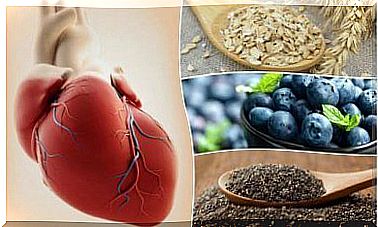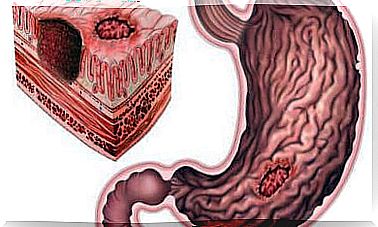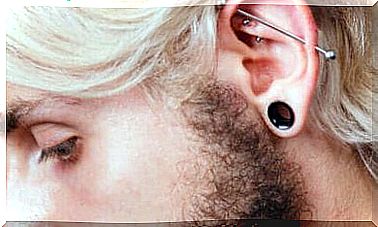Women: Recognize The Symptoms Of A Heart Attack
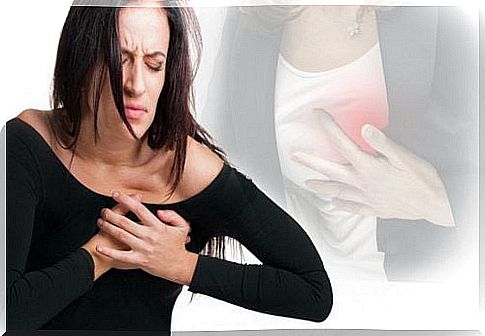
Research shows that men and women experience different symptoms when they have a heart attack. In fact, some of the symptoms women experience are quite common. This can prevent many women from taking action, even though they are unconsciously in a life-threatening situation.
For health professionals, it’s especially troubling that many women don’t even know what the symptoms of a heart attack are or what they could do to prevent a heart attack.
Unclear Symptoms
Because there are no obvious symptoms of a heart attack, the attack can lead to more serious complications if the person suffering from it does not even realize that a heart attack is happening or does not know what to do in the case.
In some cases, the symptoms of a heart attack can be confused with the symptoms of other problems that have nothing to do with a heart attack at all. These symptoms could even indicate the presence of another type of disorder or condition.
So… what are the most common heart attack symptoms in women?
Given that most women don’t know what the symptoms of a heart attack are, we want to use this article to share some valuable information that you should keep in mind in case you or someone close to you has to deal with it. with this emergency.
The most common symptoms of a heart attack in women are:
Nausea and vomiting
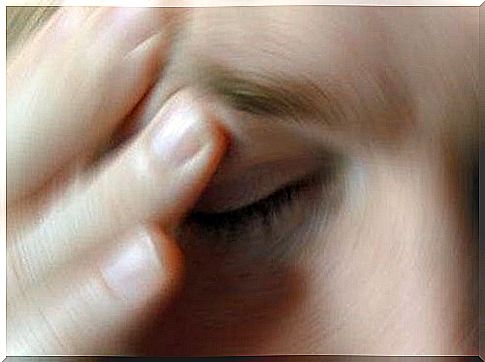
Prior to a heart attack, women are two times more likely than men to experience symptoms such as nausea, vomiting, heartburn or indigestion.
However, these warning signs are often overlooked as they can also be easily associated with less serious problems. Still, it’s a good idea to remember these possible symptoms, especially when they’re accompanied by other symptoms.
Feeling of suffocation
You may suddenly experience severe shortness of breath, which can occur when you are just sitting on the couch or while doing physical activity. You may feel like you have to gasp for air and are forced to take a deep breath.
This symptom can occur when your heart is no longer able to pump the blood your body needs through your arteries. This causes the blood to pool in your lungs and make it more difficult to breathe.
Unusual fatigue

Prior to a heart attack, you may experience a lack of energy from time to time, which can come on overnight and then disappear out of nowhere a moment later. The fatigue can also last for several days and gradually get worse day by day.
Unexplained fatigue is a symptom that occurs in more than half of women who experience a heart attack.
Pain in the center of the chest
This is often a very severe pain, which seems as if something is crushing your chest. The pain may last for several minutes or be intermittent. This pain should immediately alert you. It is highly likely that you have experienced something similar before.
Unpleasant feeling in the upper part of your neck

You may also experience a painful or uncomfortable feeling in your back, neck or jaw. This pain can radiate to your arms or your upper abdomen.
Other symptoms may include:
- severe fear
- Cold sweats
- Feeling like your heart isn’t beating right
- Changes in your complexion or a pale and bruised color around your lips
- Dizziness
In most cases, women experience these symptoms a few days or hours before the attack. The symptoms do not always have to occur and can also gradually become more severe.
What should you do if you have a heart attack?
It is extremely important to act as soon as possible if you experience heart attack symptoms to prevent serious or irreversible damage. Heart attack treatments are much more effective when applied within the first few hours when you start experiencing these symptoms.
If you have prolonged chest pain, it is important that you call 911 right away or have a friend or family member take you to the emergency room. You are not supposed to go to the hospital alone. Your situation can become more serious along the way, causing you even more damage to yourself.
When the symptoms disappear
Even if your symptoms disappear after a few minutes or if they continue to be intermittent, it is still important to see your doctor right away so that he/she can make the correct diagnosis. The symptoms may be related to heart disease.
Remember that the sooner you act, the less likely you are to face serious consequences.


